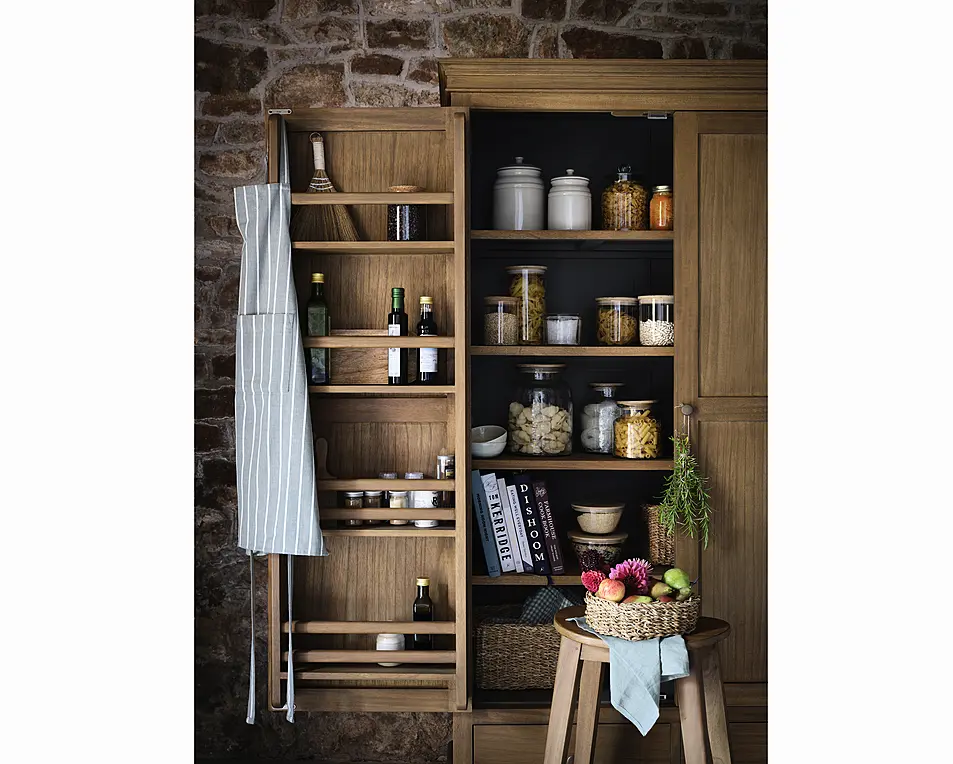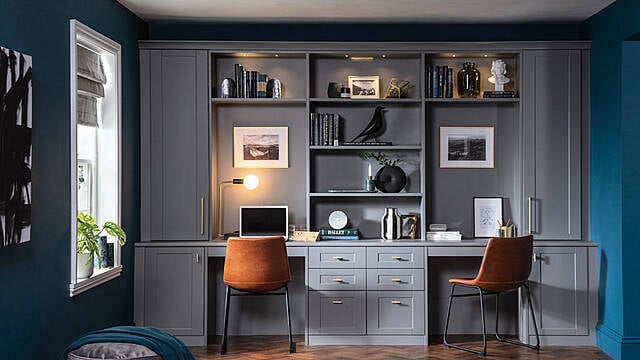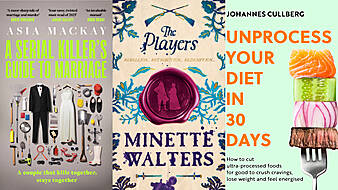As the year draws to a close, there’s no denying our homes feel increasingly squished as we search for extra space to store stuff.
From things we’ve accumulated over the past 12 months, to spending December filling every inch with festive decorations to celebrate the holidays.
Not to mention a steady stream of family and friends armed with gifts and novelties…. come January, we’re craving a major sort-out.
View this post on InstagramAdvertisement
“There’s probably no better time to rethink clutter hot spots,” says Rachal Hutcheson, Sharps’ national retail manager. “Having spent December living at absolute capacity, it’s clearer to see what needs sorting through by the time the New Year comes around.”
Crowded hallways, awkward spare rooms and dining rooms with next to no storage space, she says it’s easier to identify areas in need of attention now, while it’s fresh in your mind.
Here, experts share their top tips to help your room achieve its full potential…
Calm in the kitchen
“After the festive flurry of family baking and indulgent feasts, a kitchen reset in the New Year can feel like a much-needed breath of fresh air,” highlights Victoria Fletcher, senior buyer, Garden Trading.

Start by tucking away those seasonal baking tools and treats, making space for practical, heart-healthy meal prepping, suggests Fletcher.
“A well organised pantry or cupboards is the secret to feeling inspired through the winter months, so store essentials like grains, pulses and species in clear, labelled jars for a functional yet appealing aesthetic that’s going to make you reach for them more.
“By decluttering your space, you’ll find it easier to create meals that nourish the whole family while keeping the calm, cosy feel of winter.”
Living room refresh
Gisela Lancaster, head of buying at Sofology, says: “A renewed interest in wellbeing has seen many of us ditch the TV in favour of meaningful relaxation in our living rooms, according to a recent study by Sofology.”

“These days, appealing social spaces are more in the style of mood-boosting sanctuaries with restful colour schemes, inviting textures and modular furniture which plays a central role in offering flexible living,” underlines Lancaster. “And catering to the changing behaviours of people looking to relax at home.”
As she points out, living rooms are magnets for clutter, whether it’s kids’ toys or books and magazines, so an easy access footstool with extra storage is a great solution to keeping things tidy and calm.
“Sofas and chairs with in-built storage work well in rooms where large amounts of ‘stuff’ collects, which could in many cases provide valuable extra hidden space.”
In living rooms that double as work spaces, Lancaster says clever design and multi-purpose furniture help organise and transform an area that’s in constant use, to a dynamic and restorative area. “Both practical and stylishly considered.”
Spare room goals
“Spare rooms, when organised properly, should be the hardest-working room of any home,” opines Hutcheson.
“Designed to store what isn’t needed day to day, whilst simultaneously creating a space to serve other areas of our lives, takes careful planning.”

“The ultimate multi-use area, often used as a weekday work space and weekend guest room, means clutter is simply not an option,” adds Hutcheson.
She says to take the time to assess how much space can be utilised under beds as well as in drawers. “Make sure you have efficient use of space, using vertical wall areas, which are almost always overlooked.
“Combining a mix of closed and open storage to find the perfect balance between aesthetic and practicality.”
Moreover, fitted furniture is a great way to maximise space and surprisingly effective in more confined spaces, suggests Hutcheson.
“Smart designs where desks are neatly fitted alongside wardrobes for example, offer the stylish flexibility needed for such a pivotal room, without compromising on space.”
Dining destination
John Rastall, head of Home at DFS says: “As we inevitably spend more time indoors during the colder months, our homes can quickly begin to feel quite cluttered.
“When it comes to decluttering your dining room, sideboards are a great way to tidy up, providing plenty of storage for glassware, plates and crockery, or special occasion items like champagne flutes and seasonal decor.”
He says they also add depth to the space by providing a spot to showcase your personality with decorative items displayed on top, such as vases, art and photo frames.

For hosting guests, Rastall suggests transforming your sideboard into a bar, by displaying pretty glasses and a few selected bottles.
“If you have lots of glassware and crockery to store and are particularly organised, a display cabinet is another great way to clear the clutter.
“The glass front allows you to showcase the contents within, offering a modern twist on the curio cabinet.” He continues. “Bench seating and extendable tables are another excellent addition to maximise your
dining room entertaining space without overcrowding.”

Extendable dining tables with matching bench seating keeps your view across the space, giving the impression of openness and simplicity, observes Rastall. “Add cushions or a throw that reflect your décor to add depth and texture, and keep the space feeling cosy.”







